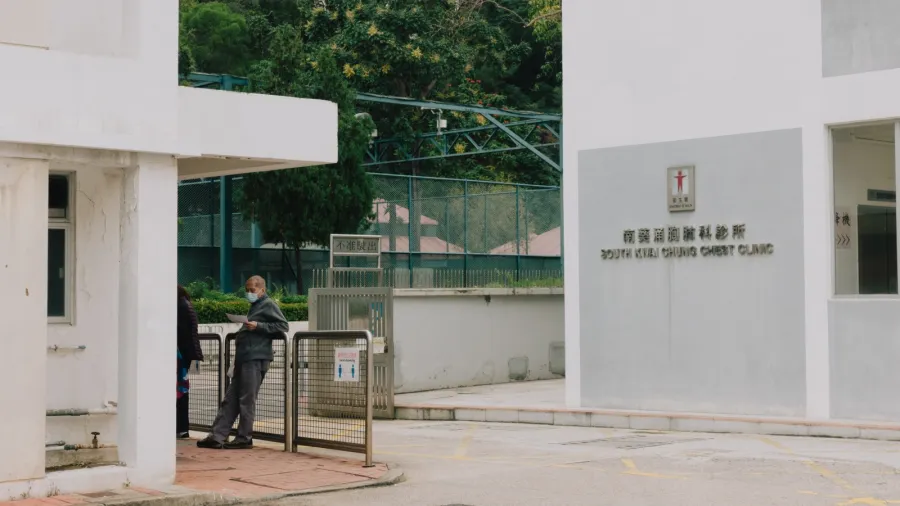
Three in four people in Hong Kong struggling with expensive healthcare: survey
A survey showed the majority of residents are concerned about the affordability of healthcare in Hong Kong.
About 75% or three in four residents of Hong Kong were found to be struggling to meet basic medical needs amid rising costs of living, according to a survey by insurance firm Cigna Healthcare.
Healthcare emerged as the third top concern among the citizens after job security and issues on inflation and the economy – their biggest concern based on Cigna Healthcare’s survey of 1,100 residents conducted in January.
Three-quarters of the respondents said it is getting more expensive to stay healthy on surging costs of living and inflation, and that they are barely meeting their own or their family’s medical needs.
Nearly half of the respondents already felt the pinch of rising medical costs late last year and they believe healthcare expenses will continue to rise in the next three months.
“Employers can make a difference by investing in quality health programs, promoting preventative healthcare and a balanced lifestyle to support their employees’ well-being,” said Jonathan Spiers, chief executive officer of Cigna Healthcare in Hong Kong. “A healthier workforce will ultimately result in higher productivity and better business outcomes, it will also help ease the pressure on the over-crowded public health system, benefiting the health system as a whole.”
Aside from rising costs, about a third of locals are finding it difficult to set up an appointment quickly when sick and even access healthcare in the evening, on the weekend or during holidays.
The survey also showed the majority of the population now considers virtual healthcare as an efficient alternative to physical care. Results showed six in 10 respondents have already used technology to access healthcare over the past two years, with the younger generation from the ages of 16 to 34 were seen more inclined to use tech than the older ones.
The survey was a part of Cigna’s annual 360 Global Well-being Survey report that tracks people’s health and well-being in select markets across the world.
















 Advertise
Advertise


